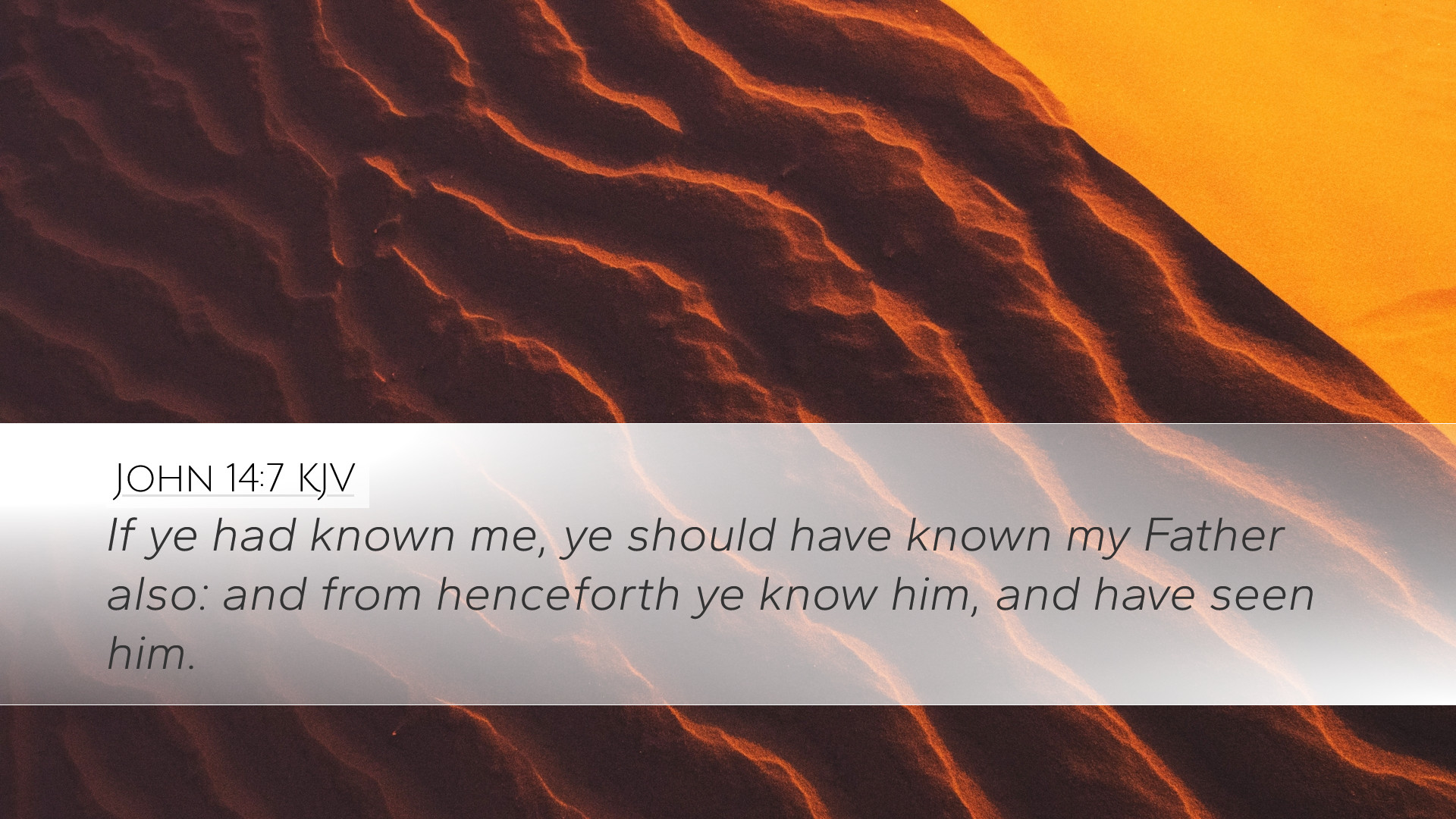Old Testament
Genesis Exodus Leviticus Numbers Deuteronomy Joshua Judges Ruth 1 Samuel 2 Samuel 1 Kings 2 Kings 1 Chronicles 2 Chronicles Ezra Nehemiah Esther Job Psalms Proverbs Ecclesiastes Song of Solomon Isaiah Jeremiah Lamentations Ezekiel Daniel Hosea Joel Amos Obadiah Jonah Micah Nahum Habakkuk Zephaniah Haggai Zechariah MalachiVerse
John 14:1 John 14:2 John 14:3 John 14:4 John 14:5 John 14:6 John 14:7 John 14:8 John 14:9 John 14:10 John 14:11 John 14:12 John 14:13 John 14:14 John 14:15 John 14:16 John 14:17 John 14:18 John 14:19 John 14:20 John 14:21 John 14:22 John 14:23 John 14:24 John 14:25 John 14:26 John 14:27 John 14:28 John 14:29 John 14:30 John 14:31

